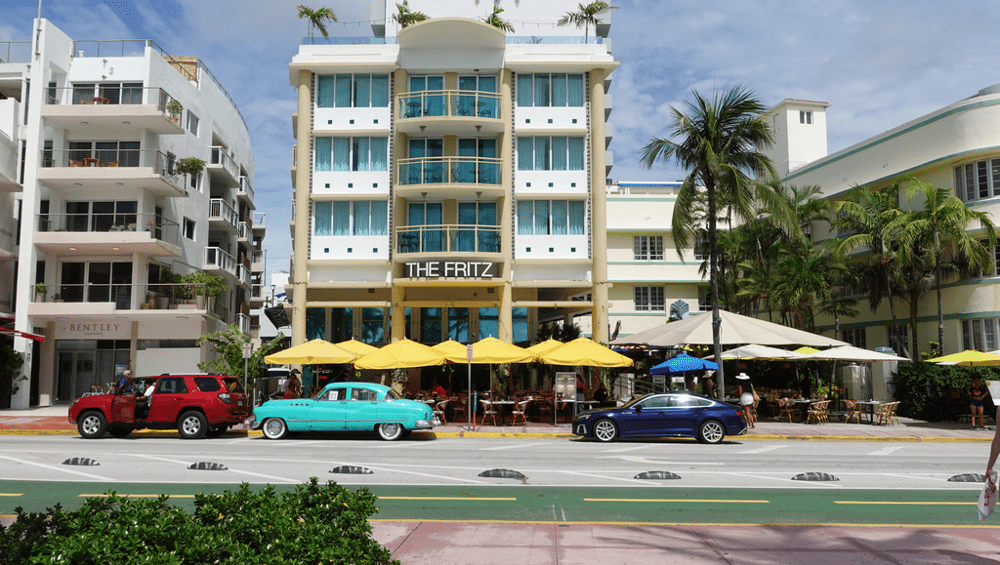On Ocean Drive, cannabis stigma is complicated. Locals say attitudes feel looser than a decade ago, yet the rules remain tight and highly visible—especially where tourists spend their time. Miami Beach bans smoking on beaches and in parks, a quality-of-life policy that often surprises visitors; even a discreet joint on the sand can draw a citation or, in some cases, arrest. Those guardrails, and the way they’re enforced, shape how accepted cannabis really is.
At the state level, Florida still allows medical cannabis but not adult-use. In November 2024, voters backed legalization but the measure fell short of the 60% supermajority needed, leaving recreational use illegal statewide. Possession of 20 grams or less remains a misdemeanor under state law, while medical access continues under statute 381.986 through a patient registry and licensed treatment centers. The net effect for consumers is a cautious “yes, but only if.”
Miami tells a layered story. Miami-Dade County adopted a civil-citation option in 2015 for up to 20 grams, allowing officers to ticket rather than arrest in simple possession cases. But Miami Beach moved in early 2024 to remove its optional citation pathway ahead of spring break, signaling a tougher stance inside one of the region’s busiest tourist zones. Meanwhile, Miami police have said they typically issue citations for first and second offenses. Those inconsistent approaches create a checkerboard of discretion that confuses visitors and encourages caution.
Public-space rules also color daily behavior. Miami Beach prohibits smoking on beaches and in parks—part of a broader smoke-free push across several Miami-Dade cities—so even medical patients cannot legally light up in those areas. Add hotel policies, condo rules, rideshare terms, and private venue restrictions, and many consumers opt to wait until they’re at home or in private spaces. That reality keeps cannabis less visible in tourist corridors than its cultural footprint suggests.
Is stigma fading? Survey data and street-level conversations suggest yes—up to a point. Polling from the University of North Florida showed strong support for legalization going into 2024, yet the amendment’s failure proved that support isn’t veto-proof. At the same time, spring-break crackdowns and “calmer season” messaging have reinforced caution in South Beach; city officials touted safety gains this year, even as some businesses reported softer sales. In practice, normalization is happening privately while public consumption stays restrained.
Equity concerns still shadow acceptance. Past analyses in the county documented disparities in who received citations versus arrests, a history that erodes trust even when formal penalties soften. Until policymakers address uneven enforcement and provide clear, consistent guidance that applies block-to-block, skepticism will linger alongside normalization.
What ultimately holds acceptance back is less culture and more policy: no adult-use framework, criminal penalties that still exist for small amounts, and smoking bans in the very public spaces that define Miami Beach. For now, the smart play is discretion—verify medical status, keep products sealed in transit, favor private or designated consumption, and respect no-smoking zones on beaches and parks. Locals say that approach preserves the vibe without courting trouble on Ocean Drive while the policy debate continues.

